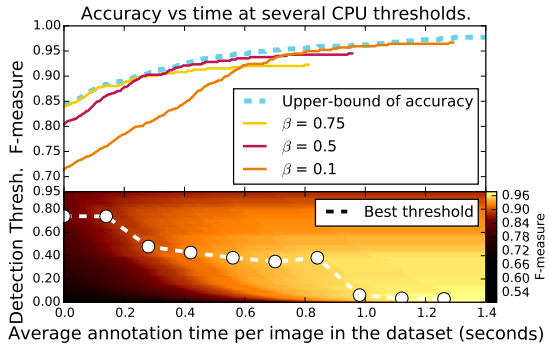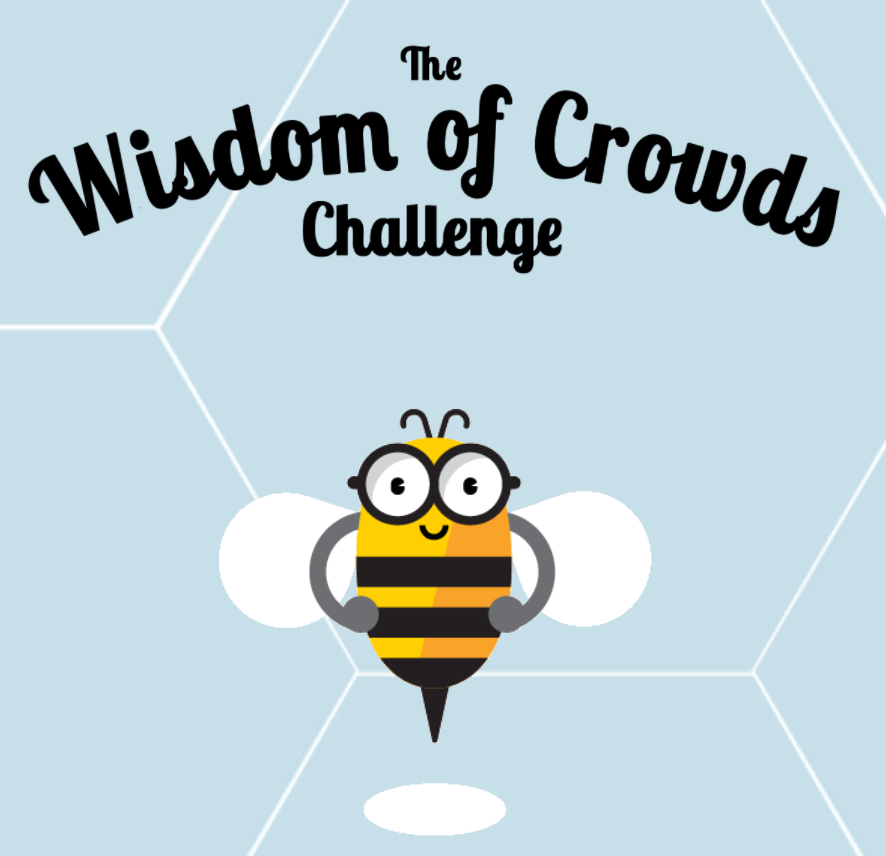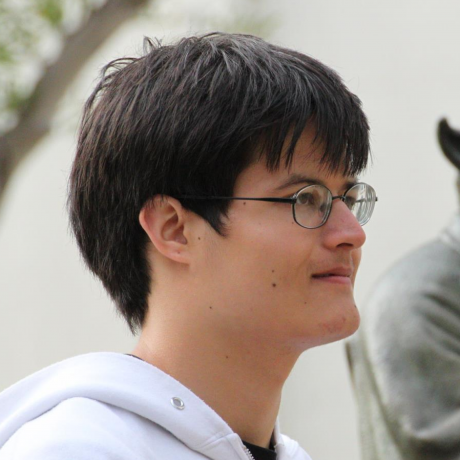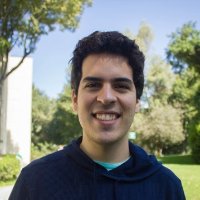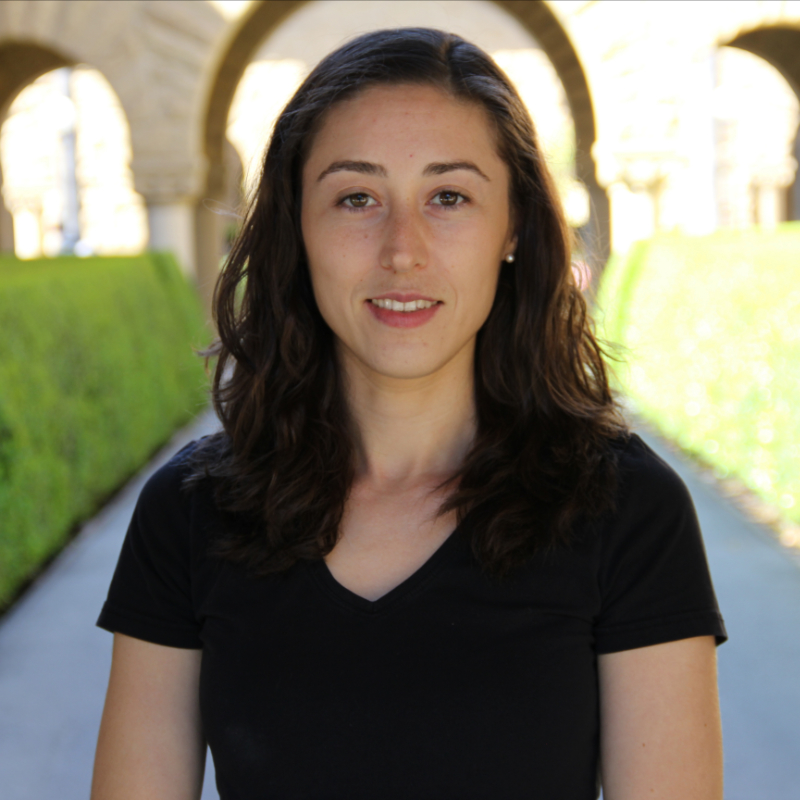Projects and Publications
Meta Publications: About the process, the science behind Crowd Research!
Project 1: Design the Next-Generation Crowdsourcing Platform - Daemo
Project 2: Hybrid Human-Computer Vision Algorithms
Project 3: Exploring the Wisdom of Crowds
Team
Updates and Impact
- Karthik Paga (before: VIT University India; now: Carnegie Mellon)
- Chiraag Sumanth (before: PES Institute India; now: Stanford)
- Alok Shankar (before: PES Institute India; now: UCSD)
- Praveen Kumar Kolla (before: IIT Guwahati India; now: UC Davis)
- Bipin Thomas (before: Software Professional; now: RWTH Aachen University)
- William Dai (before: Tory High School USA; now: UC Berkeley)
- Ankita Sastry (before: SAP India; now: Carnegie Mellon)
- Radhika Bhanu (before: InMobi India; now: Cornell)
- Karan Rajpal (before: Independent developer India; now: Cornell)
- Aditi Nath (before: AIG India; now: Arizona State)
- Luca Matsumoto (before: Wilcox High School USA; now: UCLA)
- Rijul Magu (before: Jaypee Institute India; now: University of Rochester)
- Zhou Juechi (before: Beijing University of Posts and Telecommunications China; now: Cornell Tech)
- Nalin Chhibber (before: Independent developer India; now: University of Waterloo)
- Anshu Aviral (before: Indus OS India; now: Carnegie Mellon)
- Ankit Dhall (before: VIT University India; now: ETH Zurich)
- Venkata Karthik Gullapalli (before: VIT University India; now: Cornell)
- Prithvijit Chakrabarty (before: VIT University India; now: University of Massachusetts, Amherst)
- Anmol Agarwal (before: Jaypee Institute India; now: Convegenius Software)
- Naveen John (before: NITK India; now: University of Washington)
- Alan James (before: NIT Surat India; now: Oracle)
- Pranav Channakeshava (before: NITK India; now: Carnegie Mellon)
- Nikita Gupta (before: IIIT Delhi India; now: Adobe)
- Glincy Mary Jacob (before: Cochin University of Science and Technology India; now: NEC Technologies)
- Aditi Mithal (before: Indraprastha Institute India; now: UCLA)
- Ashrith Sheshan (before: BMS College India; now: UCSD)
- Akshat Mishra (before: Delhi Technological University India; now: University of Michigan)
- Tejas Sarma (before: University of Mumbai India; now: University of Illinois Chicago)
- Vinayak Mathur (before: Manipal University India; now: University of Massachusetts, Amherst)


